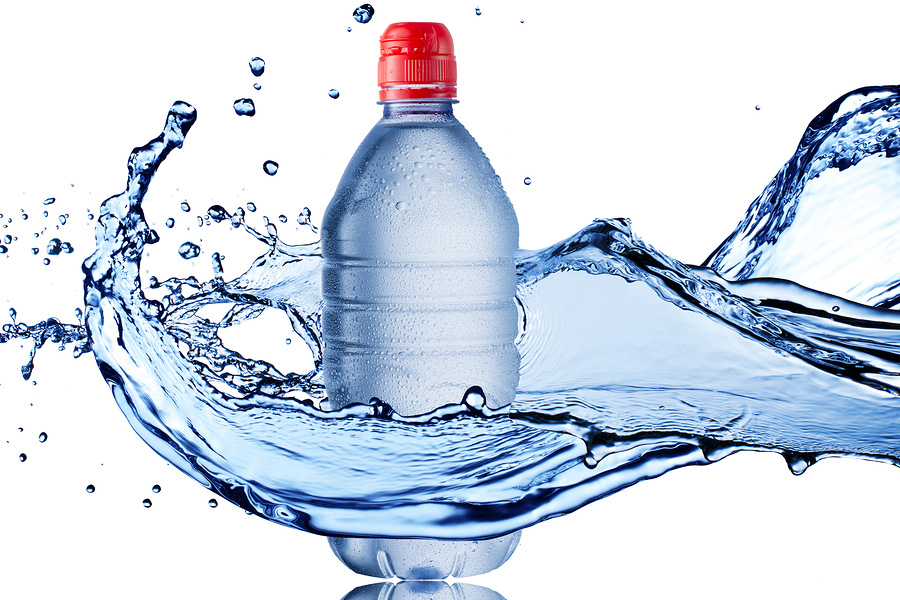By your Fitness Trainers at Century Fitness
Over the years we have been told about the importance of drinking water. Our bodies are made up of about 60% water. Within the walls of our cells is about 70% water. Simply put, water is vital to life. Most health experts agree that how much water you take in depends on certain variables. For example, when active or exercising you should be hydrated beforehand and replenish with water during and afterwards.
But many people (almost half of America according to some studies), fall short on the intake of water. When you are less than fully hydrated you are likely missing out on the many health benefits of water.
Water works in your body to…
- Keep kidneys functioning properly
- Maintain healthy skin
- Detoxify
- Aides energy and weight loss
- Temperature regulation
- Prevents cramps, headaches
- Keeps you regular
- Gives you muscle endurance by replacing sweat loss and balancing electrolytes
…and that’s the short list!
In hot and humid weather, you are going to need even more water. When your body struggles to cool itself, more perspiration is produced. Your body will continue to do so, but since humid air doesn’t feel cool and the sweat is not evaporating off well enough, your body temperature and sweat rate stay high.
Clothing is a factor, too. Wear moisture wicking light clothing and/or have as much skin exposed as practical. Older individuals are more susceptible to heat injury, however anyone (at any age) performing activity in very hot humid weather should take breaks and listen to their body. When the heat and humidity becomes so unbearable, you need to stop and seek shade, water and any method to cool yourself.
So, exactly how much water should we drink each day? A recent article in the “HUFFPOST” made sense of this question with the following explanation:
“…our needs are based on who we are, how much activity we do, what climate we are in and how many water-rich foods we take in… usually from fruit and vegetables.” There are other factors, too, such as illness, rest, pregnancy, medications and other health conditions.
There are some general guidelines to follow and then you can adjust to your own personal situation. The Institute of Medicine says men over 19 years should take in at least 3.7 liters of water (about a gallon) and women at least 2.7 liters (almost 3/4 of a gallon). The amount includes water from food, which is usually less than 20% of your total intake. A sensible test is to make sure your urine output is light in color. If you are taking in enough water throughout the day you should see the results.
Here are some helpful tips on staying hydrated:
(1) Get yourself a really nifty reusable water bottle and keep it with you
(2) Use a water reminder app such as Aqualert;
(3) Add a splash of lemon, mint or ginger to your water;
(4) Drink water as soon as you wake up and before every meal; (5) If your cold try drinking warm water (we don’t think about water consumption as much in the winter).
A recent study in Europe suggested that any beverage, but especially water, is useful for hydration. Just keep it to mostly water, avoid extreme amounts of caffeine, alcohol and sugar. Either way, bottoms up!
This article is intended to be provide knowledge of general health and fitness principles and is not medical advice. Please consult with a physician if you have questions.


Recent Comments